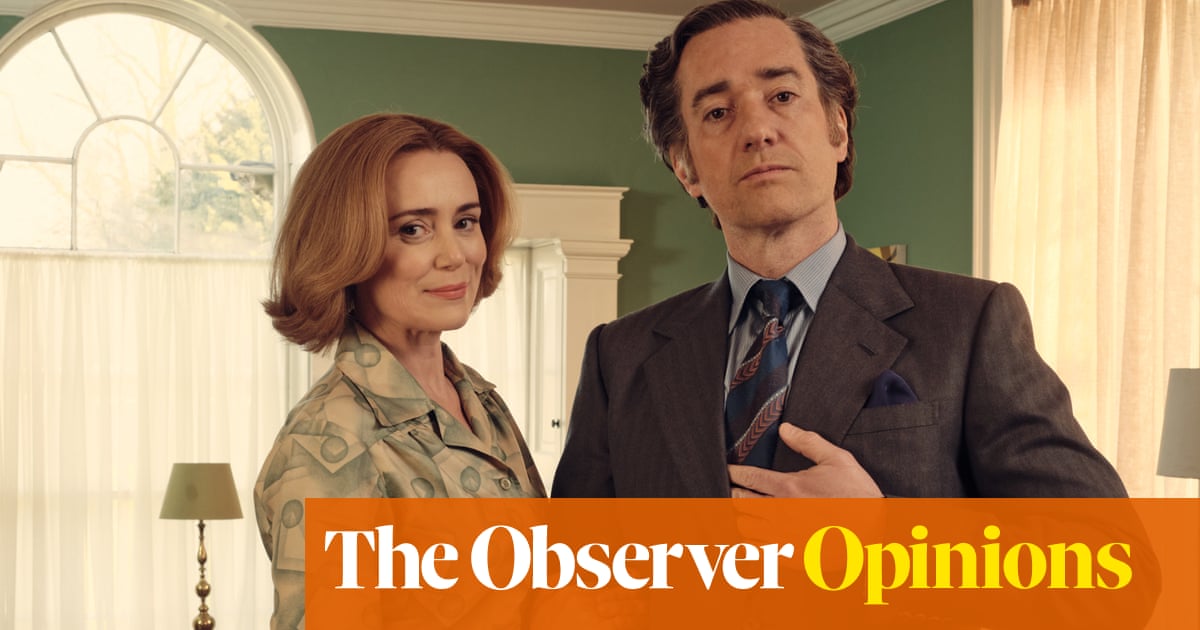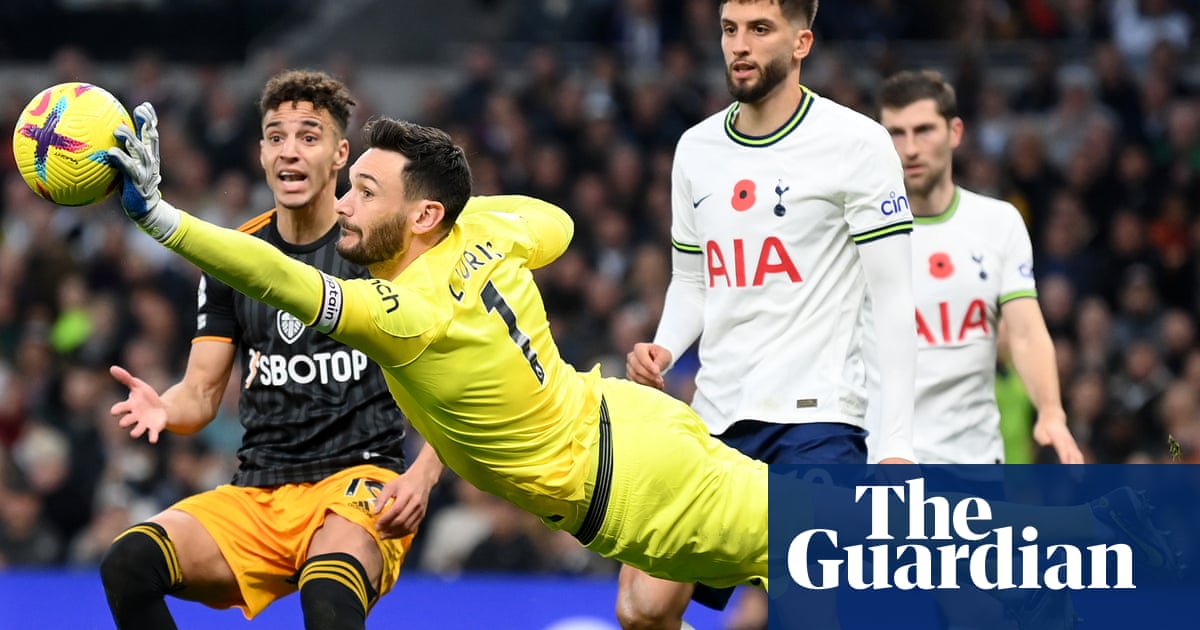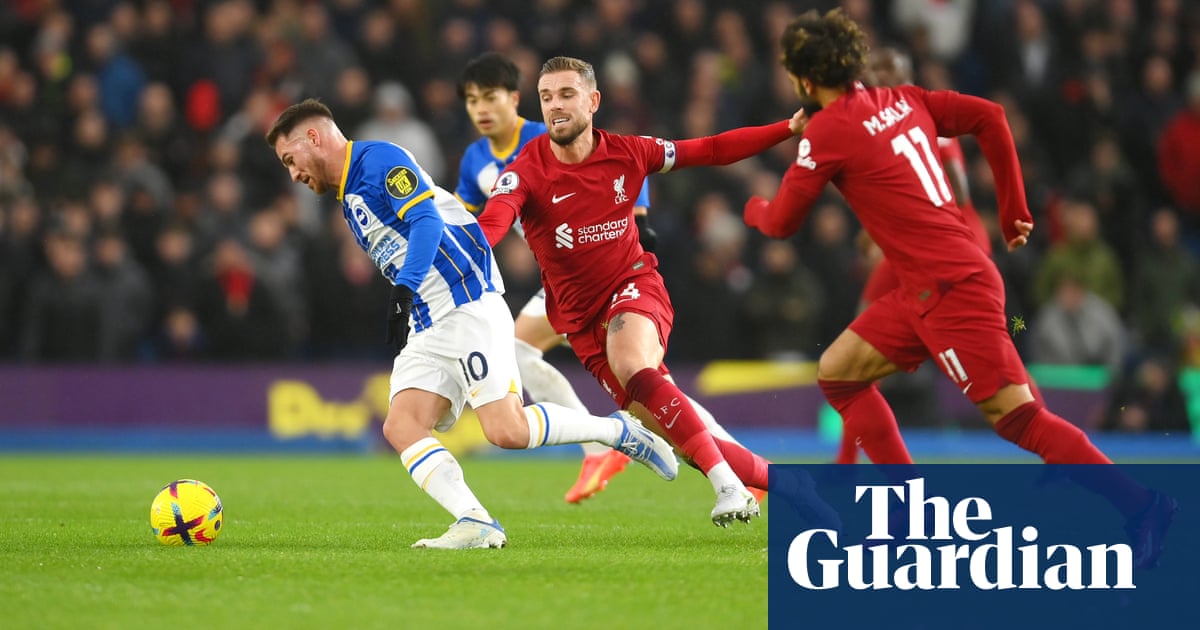
Amesmerised hush fell over the crowd as João Camarero took to the stage with his seven-string guitar and plucked the opening notes of a national anthem that has become a symbol of the political struggle for Brazil’s soul.
“O land adored above all others, ’tis thee, Brazil,” sang the South American songstress beside him, Teresa Cristina, as thousands of spectators added their voices to the hymn’s call for a future of liberty and love.
Behind the musicians stood the man the audience hoped could make that dream reality: the former president Luiz Inácio Lula da Silva, who on Saturday announced he would seek to return to power in October’s election so as to end what he called Jair Bolsonaro’s era of tyranny, destruction and hate.
“Brazil needs to go back to being a normal country,” the 76-year-old leftwinger told elated supporters at a rally in São Paulo, many visibly moved by the rendition of a national anthem that has been appropriated by Bolsonaro’s far-right movement and which, along with the presidency, progressive Brazilians want to reclaim.
It was time, Lula declared, for Brazil to decide whether it wished to be a country of democracy or authoritarianism; truth or lies; tolerance or obscurantism; education or automatic rifles; environmental preservation or depredation.
“Never was it easier to choose – and never was it so important to make the right choice,” he said.
There was euphoria below the stage as the former president, who governed from 2003 to 2011, outlined plans to build a more stable and compassionate country from the wreckage of Bolsonaro’s “reckless and criminal” rule under which Amazon deforestation has soared and more than 660,000 lives been lost to Covid-19.
“I feel I’m part of history … and we feel happy to be on the right side of history,” said Maria de Lourdes, a retired bank clerk who clutched a crêpe paper flower symbolising her yearning for change.
Polls suggest Lula should comfortably beat Bolsonaro, a Donald Trump-admiring nationalist whose radical rhetoric and calamitous coronavirus response mean he is abominated by many of Brazil’s 215 million citizens.
But analysts, and Lula allies, say Bolsonaro is a formidable political opponent with a ferociously loyal support base representing perhaps 25% of voters. To ensure victory, they believe the former president must build an invincible pro-democracy coalition stretching all the way from the hard-left to the centre-right.
“It’s important not just that Lula wins, but that Bolsonaro loses badly,” said the political columnist Celso Rocha de Barros, who fears that in the event of a narrow Lula victory Bolsonaro will refuse to concede, alleging fraud, and launch a coup to supposedly “reestablish democracy”.
Lula’s mission advanced at the weekend with the unveiling of his anti-Bolsonaro alliance, Vamos Juntos Pelo Brasil (Let’s Pull Together for Brazil). The bloc includes seven leftwing and centre-left parties and hopes to expand before the vote on 2 October.
As a gesture of his unifying intentions, Lula named Geraldo Alckmin, the centre-right former governor of São Paulo and a one-time presidential rival, as his running mate.
The Guardian last interviewed Alckmin in 2006 and the moderate conservative was trekking through Rio’s largest favela in search of votes to defeat Lula in that year’s presidential election. “Brazil has not grown,” Alckmin said of Lula’s first term in power, blaming his opponent for economic stagnation.
Times have changed. On Saturday, Alckmin urged voters to back his once-improbable partnership with Brazil’s first working-class leader. “Lula … isn’t the first, second or third way,” Alckmin said. “He’s the only way [to end] the most disastrous and cruel government” in Brazilian history.
Randolfe Rodrigues, a progressive senator who is part of Lula’s campaign team and tipped as a future minister, vowed to work tirelessly to build a multi-party alliance against Bolsonaro, a former paratrooper who openly celebrates the military dictatorship that ruled Brazil from 1964 to 1985.
“Today was a starting point. Now we need to bring together all democrats,” Rodrigues said, claiming Bolsonaro’s relentless threats against Brazil’s young democracy meant the coming vote represented an extraordinary crossroads, for Brazil and the world.
“2022 isn’t an election like all of those which Brazil has held since the return of democracy. In none of the previous elections … was Brazilian democracy at stake,” Rodrigues said. “In 2022, it is.”
As Lula supporters streamed out of the auditorium and a giant Brazilian flag – another national symbol leftwingers are trying to wrestle back from the right – was removed from the stage, Rodrigues urged his country to seek inspiration from France, where rival politicians recently pulled together to defeat the far-right candidate Marine Le Pen in presidential elections.
“Macron’s victory was a balm for us Brazilians – the French gave us a great example that we must follow here in terms of tolerance and unity,” he said.
Rodrigues said the world was “living through a species of fascist international, represented by Trump in the United States, [Viktor] Orbán in Hungary and [Vladimir] Putin in Russia”.
Defeating that movement’s South American representative had global significance. “This is a civilising mission,” he said.












